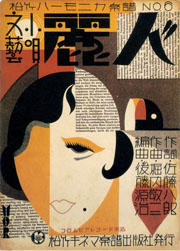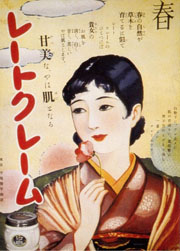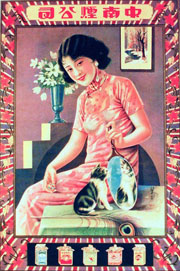Tim Oakes Argument: Leisure can be viewed as a technology of government in contemporary China, a project of social ordering directed at shaping certain kinds of conduct. As with all social ordering projects, however, the unintended outcomes – Foucault’s ‘instrument-effects’ – bring about their own social (dis)orderings in unexpected ways. Consumer citizenship may thus be […]
-
Abstracts
- The Prices of Antiques in the Late Qing Market
- Building Leisure out of National Trauma: Tourism and Consumption along the Korean Demilitarized Zone
- Money, Networking, and Leisure: Selling Japanese Books in Shanghai, 1880-1911
- Tourism and Consumer Citizenship in Contemporary China
- The Unexpected End of a Success Story: Opium 1800-1906
- Leisure and Consumption in Java’s Middle Class
- On the Cleanliness of Money. The Public Posture of the Shenbao Publishing House in Shanghai, 1872-1890
- The Worker-and-Peasant Duo as Currency of Images: Socialist Subjectivity and Post-Socialist Mediality
- Leisure, Ritual and Choice in Modern Chinese Societies
- The Price of Perfection in the Japanese Cafe
- Private Mansion as Public stage: Money and Stardom
-







